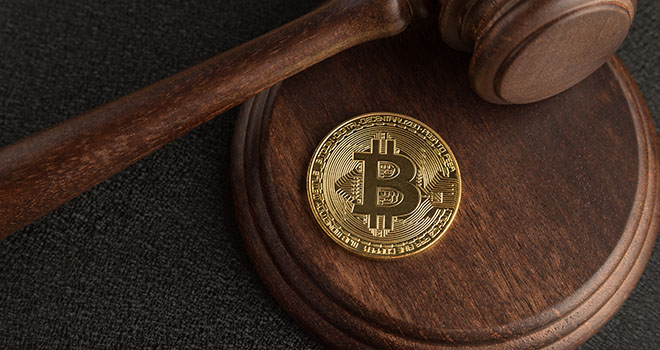Four months after he disappeared, the estate of missing Mirror Trading International (MTI) CEO Johann Steynberg has been provisionally sequestrated. MTI was placed in provisional liquidation in December last year when investors tried without success to withdraw funds from the scheme. According to the Chainanalysis 2020 Crypto Crime Report, MTI was the world’s biggest cryptocurrency Ponzi scam of 2020 as a total of around $589 million was lost.
“Unfortunately, MTI’s illicit scheme using cryptocurrencies to commit fraud has overshadowed the thriving cryptocurrency industry in South Africa and the rest of the world, and has given credible and reputable virtual asset service providers and participants in this alternative financial system yet another hurdle to overcome on the road to mass adoption,” reports Wiehann Olivier, Partner of Mazars, international audit, tax and advisory firm.
Olivier points out that the Financial Sector Conduct Authority (FSCA) and other regulators across the world are constantly warning crypto asset investors to be extremely cautious and vigilant when dealing with or investing in these digital assets. “In most circumstances, regulators are issuing these warnings due to a lack of existing, formal regulations – as is the case in South Africa, where cryptocurrencies remain unregulated. This lack of regulation therefore requires investors to do their own extensive research before investing in cryptocurrencies, but also offers opportunity for fraudsters to prey on uninformed investors.”
Regulation ensures market stability
“Bitcoin, by its nature, was originally designed to facilitate peer-to-peer transactions across the internet. This meant that there was no need for any intermediary or monetary regulations that come with commercial and central banks. The notion of being free from regulations has led people to believe that cryptocurrencies should operate completely independently from any form of regulation; failing to realise that certain regulations are in fact imposed to protect consumers and economic stability,” Olivier highlights.
“It is for these reasons that publicly accountable businesses are vigorously regulated and required to be audited. Independent audits are conducted to protect the interest of all stakeholders, ensure that the applicable laws and regulations are adhered to, and that the financial statements are free from material misstatement, as well as fraud (to a certain extent).”
Regulation for fraud prevention
Olivier further stresses that fraud and error can usually be mitigated by prevention, detection, and recourse. “The introduction of regulations to govern the industry will mean preventative measures are put in place to ensure fraud of this magnitude doesn’t occur again – and that there is appropriate legal recourse for victims. In addition to regulations, the role of the forensic and financial auditor would be to detect possible instances of fraud and error, as well as assisting with the recourse process.”
“The evolution of digital assets such as cryptocurrencies brings phenomenal potential to change the financial industry, but with this comes certain challenges to adapt and overcome. Fortunately, regulations are there to aid us in this journey by protecting consumers and developing the industry to better allow an alternative financial system,” Olivier concludes.
Click here to download the Mazar media release that includes the MTI case study.
Also read: Crypto Assets – Draft declaration to define it as financial product
MTI will be back in court next month as certain investors try to save it from final liquidation and rather put it under business rescue or restructure its debts in terms of a Section 155 compromise under the Companies Act.



